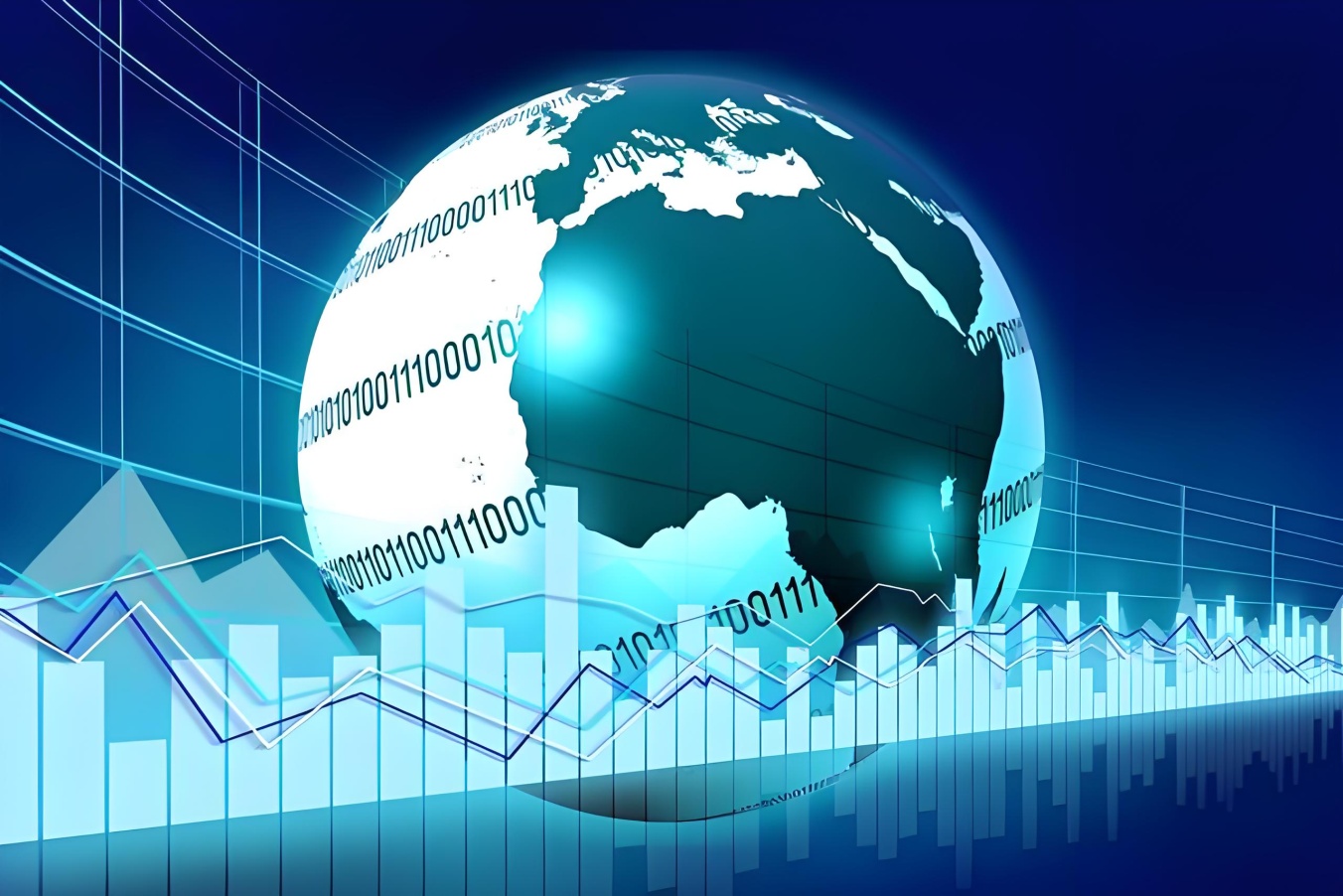
In the context of the ever - evolving global economic landscape, looking ahead to 2025, numerous factors are intertwined, rendering the development of the global economy highly uncertain. The following will explore six key variables that will influence the global economic trends in 2025.
The monetary policies of central banks around the world have a profound impact on the economy. In the past few years, in response to the economic recession and the impact of the pandemic, many countries have adopted ultra - loose monetary policies, such as large - scale quantitative easing and maintaining low interest rates. Entering 2025, with the change in the economic situation, the direction of monetary policy adjustment has become crucial. If central banks tighten monetary policy too early, it may cause the economic recovery to falter; conversely, if the loose policy is continuously maintained, it may lead to out - of - control inflation. For example, the decisions of the Federal Reserve System in the United States not only affect the domestic economy of the US but also, through the international status of the US dollar, impact the global capital flows and the economic stability of emerging market countries.
In recent years, trade protectionism has been on the rise, posing no small resistance to the global economy. The increase in trade barriers and the escalation of trade frictions have disrupted the stability of the global industrial and supply chains. By 2025, it is difficult to predict whether trade protectionism will further intensify or show a trend of mitigation. The trade policy directions among major economies, such as the trade relations between China and the United States, will have a significant impact on the global trade pattern. If trade protectionism persists, the global trade volume may shrink, production costs for enterprises will rise, and thus drag down global economic growth.
Geopolitical conflicts have always been an unstable factor for the global economy. The turmoil in the Middle East, the Russia - Ukraine conflict, and other geopolitical hotspots not only directly affect the economic development of the local areas but also have a chain reaction on the global economy through channels such as energy price fluctuations and food supply shortages. In 2025, whether these conflicts will further deteriorate or a peaceful solution can be reached will, to a large extent, determine the development of the global economy. For example, geopolitical conflicts that cause a significant increase in oil prices will raise the energy costs of enterprises, trigger inflation, and curb consumption and investment.
Emerging technologies represented by artificial intelligence, blockchain, and new energy are changing the global economic pattern at an unprecedented pace. In 2025, the development and application level of emerging technologies will become an important variable affecting the global economy. On the one hand, if these technologies can achieve major breakthroughs and be widely applied, they will create new economic growth points, promote industrial upgrading, and enhance production efficiency. On the other hand, if the development of technologies encounters bottlenecks, or if problems such as data security and ethical issues are faced during the application process, it may slow down the pace of economic transformation and affect the sustainable development of the economy.
Actions to address climate change have put forward new requirements for the economic development model. To achieve carbon emission reduction targets, countries have successively formulated relevant policies, which will prompt the adjustment of the energy structure and the green transformation of industries. In 2025, the intensity and effectiveness of global actions in addressing climate change will affect the development of traditional energy industries and emerging green industries. For example, if renewable energy technologies achieve major breakthroughs and costs are significantly reduced, it will accelerate the transformation of the energy structure towards green and low - carbon, driving the development of related industries; conversely, if actions to address climate change are ineffective and extreme weather events occur frequently, it will cause serious damage to many industries such as agriculture and manufacturing, increasing economic losses.
The transformation of the labor market will also have a profound impact on the global economy in 2025. With the intensification of population aging, the problem of labor shortage in some countries is becoming increasingly prominent. At the same time, the development of automation and artificial intelligence technologies is also changing the employment structure, and some repetitive and regular job positions may be replaced by machines. In 2025, whether the labor market can adapt to these changes and, through the reform of the education and training system, cultivate high - quality labor forces that meet the needs of emerging industries will be related to the innovation ability and competitiveness of national economies.
In conclusion, the development of the global economy in 2025 is full of variables. These key factors are intertwined and interact with each other, making the global economic outlook highly uncertain. Governments, enterprises, and investors around the world need to pay close attention to these variables and prepare response strategies in advance to seize opportunities and meet challenges in the complex and changeable economic environment.

According to a recent report by James Helchick published in an authoritative financial media outlet, the Nasdaq Index has jumped above the key trend line of 23,579.10 points, aiming for the historical high of 24,019.99 points.
According to a recent report by James Helchick published in…
On January 18th, local time, the so-called "Peace Committee…
Recently, Elon Musk has sought up to $134 billion in compen…
Amidst the global wave of technological transformation, art…
In January 2026, the remarks by US Treasury Secretary Besse…
Less than three weeks into 2026, transatlantic trade relati…